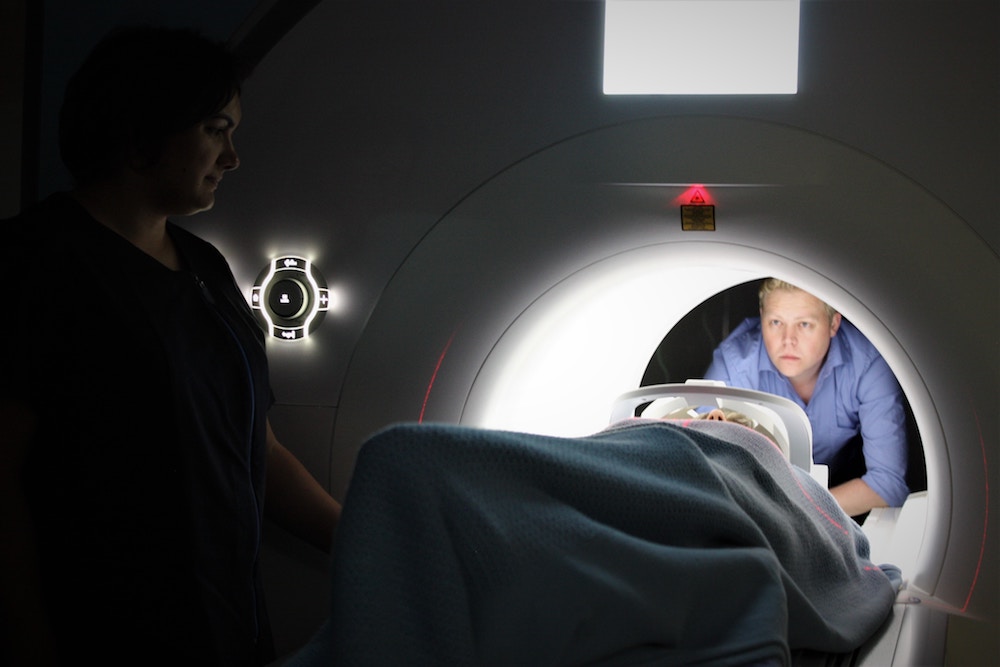
read Obituary for St James Church Surgery here.
This is an edited extract from a letter to Sarah Wollaston MP, Chair, Parliamentary Health Select Committee.
Prevention of Suicide. The crux of personal continuity of care
Late in December I heard a radio discussion (BBC Radio 4, Today) about how our community and its designated services might best prevent suicide. All the participants, including you, talked with clear sense about evident truths: our need for adequate (and increasing) funding, the need for skilled vigilance in primary care and in charitable organisations, easy access to joined-up, well-trained specialist services… No surprises and no real contention.
What I did not hear was anyone emphasising the importance throughout pastoral healthcare – so particularly with the desperately emotionally anguished – of personal continuity of care. No substantial attention was paid to the harm done by serial reforms and modernisations which, generally, have made such personal care increasingly difficult, now often impossible.
Pastoral healthcare has become increasingly misunderstood, neglected and impoverished.
In the 1970s I worked as a young psychiatrist. Mostly we were able to provide a kind of flexible and personally attuned care with personal continuity, which has since been driven out by modern systems. This erstwhile care was largely provided by consultant-led general psychiatric ‘firms’ together with family doctors (rather than ‘primary care service providers’) who then worked in much smaller practices with identified patients (‘personal lists’). Both provided cornerstones where patients and practitioners could, through repeated and easier contact, develop bonds of naturally evolving personal knowledge and understanding. Most sufferers of mental health problems and experienced practitioners agree that such personal continuity is essential to the kinds of relationships that can enable first, trust and comfort, and then healing, repair and growth. This work is delicate and nuanced so becomes much more difficult – if not impossible – where there is not the time or context to develop these bonds. It can be helpful to see the evolution and nature of such bonds – between sufferers and healers – as bearing a close resemblance to those that evolve in well-functioning families: both are held together by developing relationships of trust and affection.
Such a ‘family’ ethos of providing pastoral healthcare has been made more and more unviable by our successive reforms and modernisations. With few exceptions, such ‘progress’ is defined by increasing systemisation so that the vagaries of personal meaning, relationship and attachment are replaced by rapid devices for ‘logical’ process: diagnosis, despatch and packaged intervention. Influence by bespoke individual understanding becomes displaced by generic prescribed ‘treatments’. But with this kind of human complexity we usually find that the greater our efforts of direct control, the less our understanding. If we are heedless of this we risk killing – however inadvertently – the human heart and natural habitat of our pastoral healthcare.
Modernisation programmes have become – paradoxically – antitherapeutic.
This change of care ethos from a kind of family nexus to a factory-like complex of contracted ‘service providers’ has increased massively in the last two decades – the last half of my long career in Psychiatry and General Practice. In that time I have seen now both services have become depersonalised in proportion to their systemisation. What does this mean? Increasingly, people do not know one another: contacts more rarely become deeper relationships, not just between doctors and patients, but also between colleagues. Data storage and transfer may be rapid and complete, but the slower, subtler, human processes of growing meaningful attachment, affection and containment have been largely driven out by our reforms. So such modernisation programmes have become – paradoxically – antitherapeutic. Hundreds of conversations I have had with older practitioners and patients support this view – the exceptions are apologist colleagues in management posts.
What are the devices that have transformed our healthcare family into a factory: from understanding natural processes to driving industrial protocols?
One source is our illusion that we can treat healthcare as a commodity, utility or manufactured object. From this other things have necessarily evolved: a consumerist view, attempts to monetise and proceduralise all care so that it can be commissioned, traded and controlled. Hence the Internal Market, the purchaser-provider split, autarkic competing NHS Trusts, Clinical Commissioning Groups, commercial-type incentivisations, the Health and Social Care Act (2012) … the list continues to grow. We have been very clever at fashioning such reforms, but very unwise not to see an ineluctable flaw: their destructive human and social effects.
This dehumanising systemisation of services is seriously demoralising and has led to our poor staff recruitment, sickness, drop-out, burnout, premature retirement … and suicide.
Our corner-stoned 4Cs – competition, commissioning, commodification and computerisation – have all been much vaunted as assuring more accountable, equitable and efficient healthcare yet have rendered us general practice and mental health services with poorer human contact, engagement and attachment. This dehumanising systemisation of services is seriously demoralising for staff. The work becomes increasingly stressed and impoverished of deeper (human) satisfaction: this has led to our poor staff recruitment, sickness, drop-out, burnout, premature retirement … and suicide. How can complexly distressed patients possibly do well in a service that is itself so sick?
In the last few years of my work in the NHS I have found it increasingly difficult to offer the kind of personally synergistic, comforting, containing, healing work I used to manage so readily with colleagues. The reasons for this are largely found in our organisational reforms – the kind of thing I have outlined above. Potential suicides pose our trickiest and starkest healthcare questions and tasks. There is always more to think about, to do and undo.











